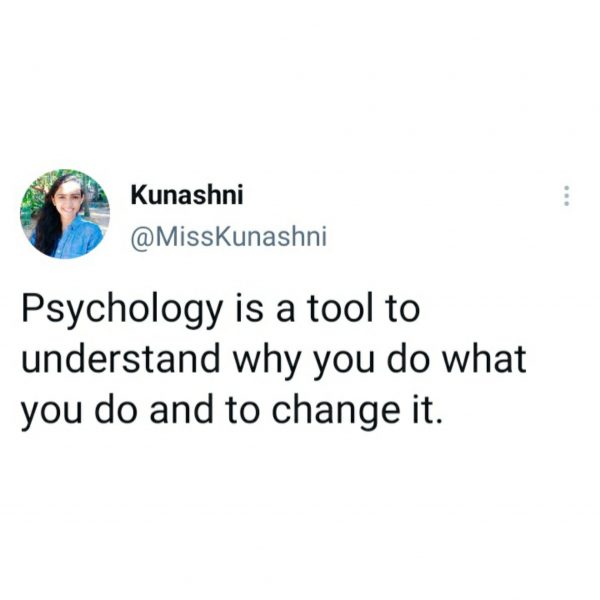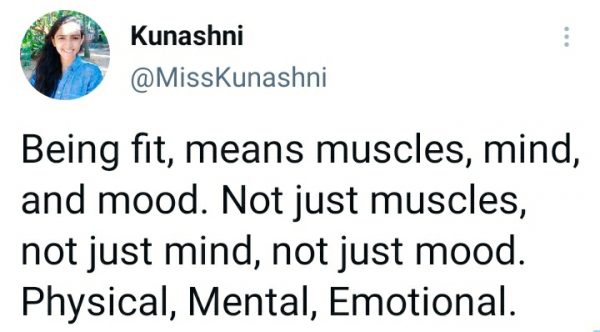A Farewell That Says More Than Words
When Virat Kohli announced his retirement from Test cricket, it sent ripples across the cricketing world. The timing — just days after Rohit Sharma stepped down — felt significant. So did the quiet strength in his decision.
In a sport where legends often fade slowly or exit under pressure, Kohli’s departure felt different. It wasn’t about performance decline. It wasn’t driven by public demand. It was a decision made on his terms.
And that makes it deeply human — and deeply powerful.

The Psychology of Letting Go
Leaving behind something you’ve mastered isn’t easy. Especially when that role is a core part of your identity.
For elite performers like Kohli, sport isn’t just a job. It becomes a way of being — a lens through which self-worth, discipline, emotion, and purpose all converge. In psychology, this is known as identity fusion: the state where your personal and professional self become nearly indistinguishable.
When that identity is threatened — by age, injury, shifting team dynamics, or organizational decisions — the brain’s Default Mode Network (DMN) activates. This is the brain region linked to self-reflection, personal storytelling, and internal identity. When disrupted, it can trigger anxiety, confusion, and even grief.
That’s why transitions like retirement — even voluntary ones — are so psychologically intense. You’re not just leaving a role. You’re rewriting who you are.

Owning the Narrative, Not Chasing It
In Kohli’s case, some reports suggest the BCCI wanted him to continue while others dispute these claims. Others speculate he may have been passed over for future captaincy roles or wanted to spend more time with family. But speculation aside, one thing is clear:
He chose the moment.
And in doing so, he preserved the most powerful thing an athlete can control — his narrative.
This is a lesson for all of us. In a world that constantly tells us to do more, achieve more, and hold on longer, knowing when to walk away takes immense clarity and courage.

The Neuroscience of Identity and Evolution

When we grow into roles that define us — whether athlete, CEO, artist, or parent — our neural networks become conditioned around those experiences. We build habits, reward pathways, and emotional responses linked to those identities.
But the brain is also wired for plasticity — the ability to adapt, evolve, and create new narratives.
To do that, we must make space. Which often means letting go.
Psychologists call this narrative reconstruction: the process of integrating change into our life story without seeing it as failure or loss. This is exactly what Kohli seems to be doing — not walking away from cricket, but evolving within it.
How High Performers Protect Their Legacy

Here’s a mental framework used by high performers during identity-defining transitions — let’s call it the Self-Worth Alignment Protocol:
1. Author Your Own Exit
Self-respect often means knowing when to move on. Like Kohli, don’t wait to be pushed out. Recognize when you’ve done your part, and choose your ending with intention.
2. Separate Ego from Authentic Worth
The ego says: “I can’t leave — this role defines me.”
But authentic self-worth says: “I’m still me, even without the title.”
Recognizing the difference allows you to evolve rather than cling.
3. Think Legacy, Not Longevity
Psychology’s Peak-End Rule shows that people remember you by the quality of your final years, not by their quantity.
More Than Cricket: A Lesson for All of Us
Kohli’s decision isn’t just about sport — it’s a powerful reflection on life.
Whether you’re navigating a career change, ending a relationship, or shifting roles in your personal life, ask yourself:
• Am I staying because of fear or because of passion?
• Does this still align with who I’m becoming?
• If I let go, what new version of me might emerge?
Owning your timing, your voice, and your next step is one of the most courageous things you can do.
Conclusion: Know Yourself, Know When to Move

Virat Kohli retired from Test cricket because he’s evolving.
That’s what makes this moment so powerful. It’s not a retreat — it’s a recalibration.
In your own life, you may face similar crossroads. Moments when the world expects you to hold on, but your inner voice tells you it’s time to step forward — or sideways — into something new.
Final Word: Your Worth Isn’t a Role. It’s Who You Are.
Never forget:
Your worth isn’t defined by a position, a title, or how long you held on.
It’s defined by how deeply you know yourself — and how bravely you choose your path.












